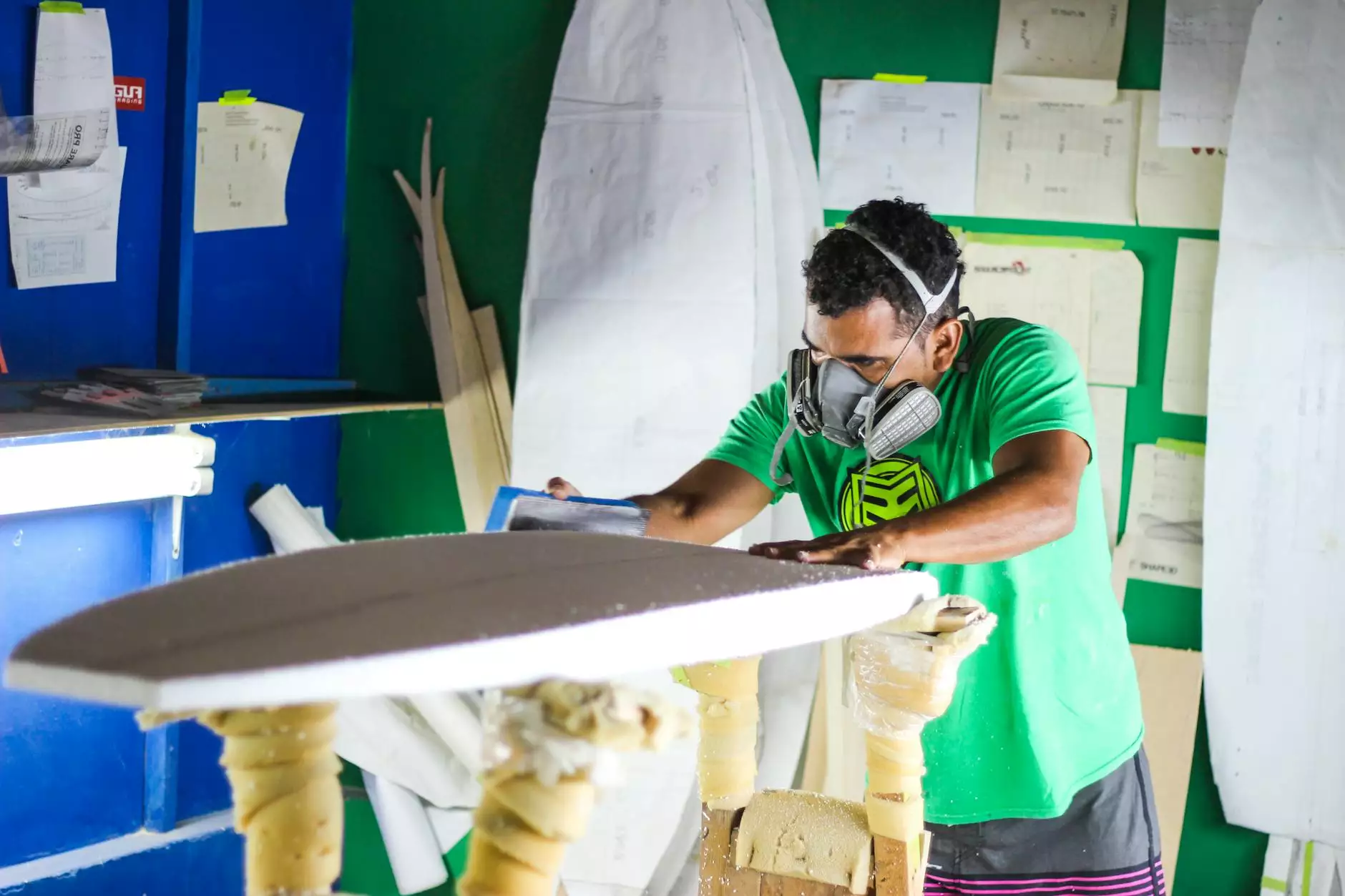Understanding Sleeve Gastrectomy: Transforming Lives Through Weight Loss Surgery

Sleeve gastrectomy is becoming one of the most sought-after weight loss surgeries, attracting patients seeking significant, sustainable results. This article explores the intricacies of sleeve gastrectomy, detailing the procedure, benefits, potential risks, and post-operative care, while emphasizing its positive impact on the lives of those struggling with obesity.
What is Sleeve Gastrectomy?
Sleeve gastrectomy, often referred to simply as "sleeve", is a type of bariatric surgery that involves the removal of a significant portion of the stomach, resulting in a tube-like structure. This procedure restricts the amount of food the stomach can hold and alters hormone production that regulates hunger and satiety. The smaller stomach is about the size of a banana, enabling patients to feel full after consuming smaller meals.
Why Choose Sleeve Gastrectomy?
The primary motivation for opting for sleeve gastrectomy is to achieve substantial weight loss. Many individuals find it difficult to lose weight through conventional means, and here are some compelling reasons to consider this procedure:
- Significant Weight Loss: Studies indicate that patients can lose up to 60-70% of their excess weight within the first two years post-surgery.
- Improved Health Markers: Sleeve gastrectomy can reverse or alleviate obesity-related conditions such as diabetes, hypertension, and sleep apnea.
- Minimal Hospital Stay: Compared to other bariatric procedures, sleeve gastrectomy typically requires a shorter hospital stay, often just 1-2 days.
- Reduced Hunger Hormones: The surgery leads to reduced ghrelin levels, the hormone responsible for hunger, making it easier to regulate appetite.
The Sleeve Gastrectomy Procedure
Understanding the sleeve gastrectomy procedure is crucial for prospective patients. Here’s a step-by-step breakdown:
1. Preoperative Assessment
Before the surgery, patients undergo a comprehensive evaluation, including:
- Medical history review
- Physical examinations
- Nutritional assessments
- Psychological evaluations
This ensures that candidates are suitable for surgery and prepared for the lifestyle changes ahead.
2. The Surgical Process
Sleeve gastrectomy is typically performed laparoscopically, which involves small incisions and the use of a camera for precision. The surgeon:
- Removes approximately 75-80% of the stomach.
- Restructures the remaining part into a sleeve or tube.
- Secures the remaining stomach using staples.
The operation usually lasts between 1 to 2 hours and is generally performed under general anesthesia.
3. Recovery After Surgery
Post-surgery, patients can expect to experience:
- Initial hospital stay of 1-2 days
- Transition to a clear liquid diet for the first week
- Gradual reintroduction of pureed and solid foods
Regular follow-up visits with healthcare providers are essential to monitor progress and adjust dietary plans.
Potential Risks and Complications
As with any surgical procedure, there are risks associated with sleeve gastrectomy. While complications are relatively rare, it's important for patients to be aware:
- Leakage: There is a risk of the stomach leaking at the staple line.
- Infection: Surgical site infections can occur, though they are uncommon.
- Blood Clots: Patients are at risk for developing blood clots post-surgery.
- Malnutrition: With reduced food intake, there's a risk for nutrient deficiencies.
Post-Operative Care and Lifestyle Changes
Success after sleeve gastrectomy relies heavily on adherence to a post-operative care plan. Patients must embrace lifestyle changes:
1. Diet Modifications
Initially, patients follow a liquid diet, progressing through various stages:
- Clear liquids: For the first week post-surgery.
- Pureed foods: For weeks 2 to 4.
- Soft foods: For weeks 5 to 8.
- Solid foods: Introduced gradually after eight weeks.
2. Regular Exercise
Physical activity is vital for long-term weight management. Patients should start incorporating light exercises within weeks after surgery, gradually increasing intensity based on their comfort and recovery.
3. Emotional and Psychological Support
Weight loss surgery can lead to significant emotional changes. Joining support groups or engaging with a therapist can help patients effectively navigate the psychological aspects of their journey.
Long-Term Success with Sleeve Gastrectomy
Research shows that with proper adherence to dietary guidelines and lifestyle modifications, patients can maintain weight loss for years following sleeve gastrectomy. Here are essential factors influencing long-term success:
- Commitment to Healthy Eating: Establishing a balanced diet rich in nutrients is crucial.
- Regular Follow-Up: Consistent check-ups with healthcare providers to monitor weight and health status.
- Physical Fitness: Maintaining an active lifestyle helps in sustaining weight loss.
Antalya Health: Your Partner in Sleeve Gastrectomy
Located in a stunning coastal city, Antalya Health offers comprehensive care for patients considering sleeve gastrectomy. Our state-of-the-art facilities and experienced medical professionals ensure the highest standards of care. Here’s why you should consider Antalya Health:
- Expert Surgeons: Our team includes renowned bariatric surgeons with years of experience.
- Patient-Centric Approach: We prioritize our patients' needs, ensuring comfort and safety throughout their journey.
- Comprehensive Support: From pre-surgery consultations to extensive follow-up care, we are with you every step of the way.
Conclusion
Sleeve gastrectomy is a life-changing procedure for many individuals struggling with obesity. By understanding the dynamics of the surgery and committing to necessary lifestyle changes, patients can achieve long-term success. Facilities like Antalya Health provide the crucial support and expertise needed to navigate this transformative journey. If you or a loved one are considering weight loss surgery, take the first step towards a healthier future by consulting with our expert team today.









